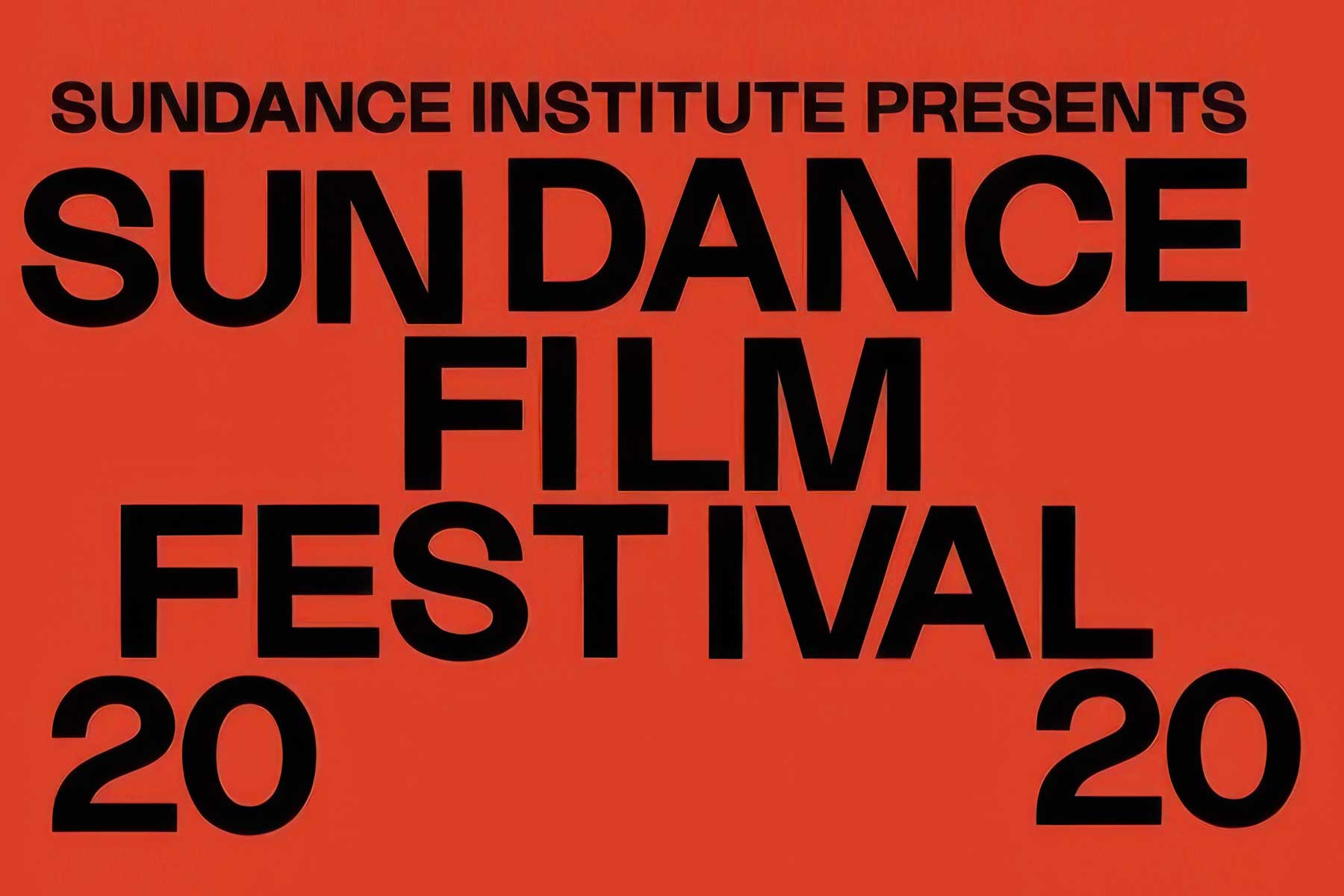While the rest of the world is focused on that piece of theatre going on in Washington, this is Sundance, 2020, the year we all hope to see clearly. The films seem to cover the usual topics: women, the middle east, visionaries versus cutthroats, black filmmakers and films, LGBQT films, immigrants, young white professionals and their problems and coming up fast around the far turn are the elderly – you know, old people, so make that coming around the far turn slowly but steadily—and the problems of fading away gracefully, or fancifully, or just plain meanly. It’s a growing genre because a big generation is dying.
Seasoned pros tend to favor the docs at Sundance, perhaps because the subjects aren’t line scripted or acted and by definition are of the moment, current. One of the best is set in the mire of the Middle East. Bryan Fogel’s Dissident in the Documentary Premieres section about the murder of Washington Post journalist Jamal Khashoggi, at a week shy of his 60th birthday in October 2018. Fogel makes great use of witnesses, including high Turkish police and justice officials. He uses security cam footage to follow the timeline of Khashoggi’s arrival at the Saudi Embassy in Istanbul to pick up marriage forms. He introduces enough archival footage going back to the early 20th century, and the foundation of the house of Saud, to give context to the century long parade of world leaders posing beside the Saudi royal family, from Ibn Bin Saud to the current culprit behind Khashoggi’s grisly murder, Crown Prince Mohammed bin Salman. All point to what isn’t said: The House of Saud still is still beyond reach. Western leaders, starting with you know who, regard the Saudis as too central to world oil production to call them to account. For now.
Andrew Cohn’s feature film debut, The Last Shift, in the Premieres section features a spot-on Richard Jenkins retiring 38 years to the day after he started the graveyard shift at Oscars Fish and Chicken in Albion, Michigan, charged with training Jevon, a young black man out of jail on probation, played by Shane Paul McGhie with all the insouciance of a kid who recognizes a dead-end probation job when he sees one. As we watch the arc of their relationship, and their brilliant interplay, the two trip over racial and generational fault lines and exit screen right and left, as they are changed by each other forever, if imperfectly.
And Then We Danced comes from Tbilisi. It’s the work of young Swedish director Levan Akin of Georgian parentage – his parents left for Sweden in the Georgian Diaspora around the fall of the USSR. A Spotlight presentation, And Then We Danced is a story of mostly male dancers auditioning for the national dance company. Gay and feminine are where generations of old and young Georgian men separate. It opens from Music Box Films this month.
Killing Eve head writer Emerald Fennell wrote and directed Promising Young Woman, in the Premieres section here. It updates Brian DePalma’s laws of sexual desire and death genre of the 1970s and 80s. Fennell follows the quiet rampage of one Cassie Thomas, whose promising career as pre-med student was derailed by the rape of her childhood friend. Played creepily by Carey Mulligan, as a cross between Carrie and Bruce the Shark, Cassie at 30 starts her day at home with her clueless parents , heads to work as the least attentive barista in history in a café managed by her transgender boss – this is Sundance, after all — and finishes in bars as male bait by night. She keeps count of the nice guys who “just want to help” a drunk woman by taking her back to their place. She wants revenge.
Other Sundance titles you can expect to hear more about are Edson Oda’s Nine Days, about the waystation where candidates compete in job interviews conducted by a black civil servant functionary, played by Winston Duke, to be born and live a human life.
Michael Almereyda’s Tesla, a kind of tone poem and MTV video about the brilliant Croatian visionary run off the edge of the world by Edison, Westinghouse, JP Morgan and ultimately, himself, though he outlives them all.
In Florian Zeller’s The Father, set in London, Anthony Hopkins is a wild cat octogenarian gradually understands his dementia, which Sony Pictures Classics, will release later this year.
Kirsten Johnson’s Dick Johnson is Dead documents her own father’s slide into dementia while consenting to star in his own funeral. It’s from Netflix and is brilliant by the way;
Dream Horse, a fictionalized telling of the Welsh pub mates led by a barmaid played by Toni Collette, hilariously is about a group that raise a champion racehorse. It’s based on a 2015 documentary, Dark Horse. It really happened.
And finally, Palm Springs, young Max Barbakow’s feature film debut imagines a wedding gone wild in the desert after wedding party guests, Andy Samberg Cristin Milioti, stumble into a time loop, a la Groundhog Day and Being John Malkovich and figure out new ways for mayhem and score-settling. The film set a record sale here $17,500,000.69 to a combined partnership of Hulu and Neon, the distributor of I, Tonya a few years back and the upcoming Portrait Of A Lady On Fire in February.
The previous record was $17,500,000 in 2016 for Birth of a Nation. How Barbakow settled on the 69-cent difference he leaves to the adolescent in you to figure out.


